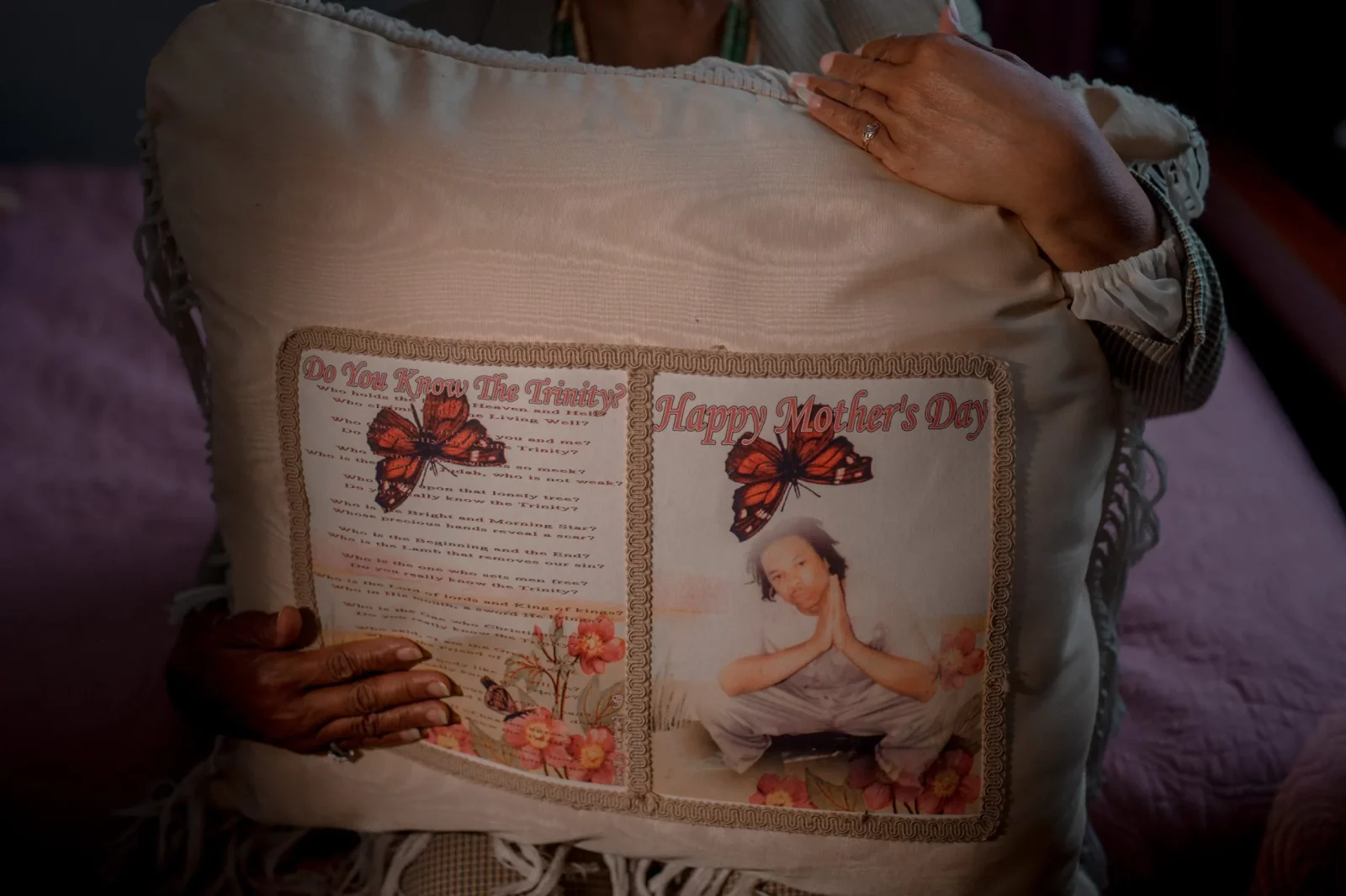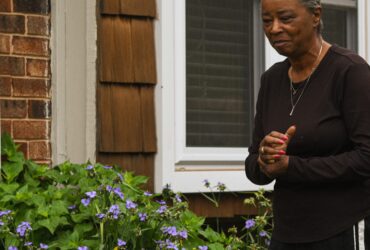Carolina Public Press, with support from the Fund, has launched a probe of “charge stacking,” a method prosecutors use to pressure suspects to plead guilty and avoid a trial. Reporter Jacob Biba looked into the case of Terence Smith, a Black 17-year-old who faced two charges for his alleged role in an armed robbery and a failed drug deal. Smith, who believed he had played only a small role in the crime, turned down a plea deal that would have put him in prison for 10 years. Prosecutors then upped the pressure, charging him with five more crimes. Smith was convicted and sentenced to more than 50 years in prison and has already served 20 years. Biba looked at the widespread use of charge stacking, and examined its disparate impact on people of color, who appear to face tougher charges and sentences if they reject a plea bargain, according to a recent report from the American Bar Association’s Plea Bargain Task Force.
Rejecting a plea deal can mean life behind bars and minorities often bear the brunt, grantee reports




